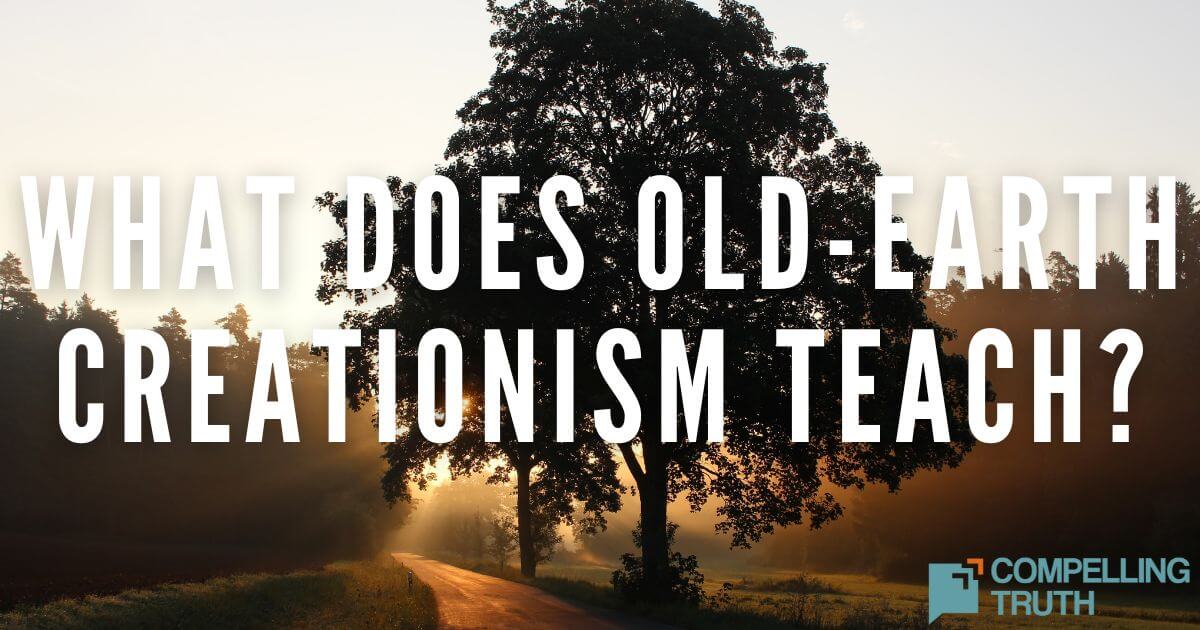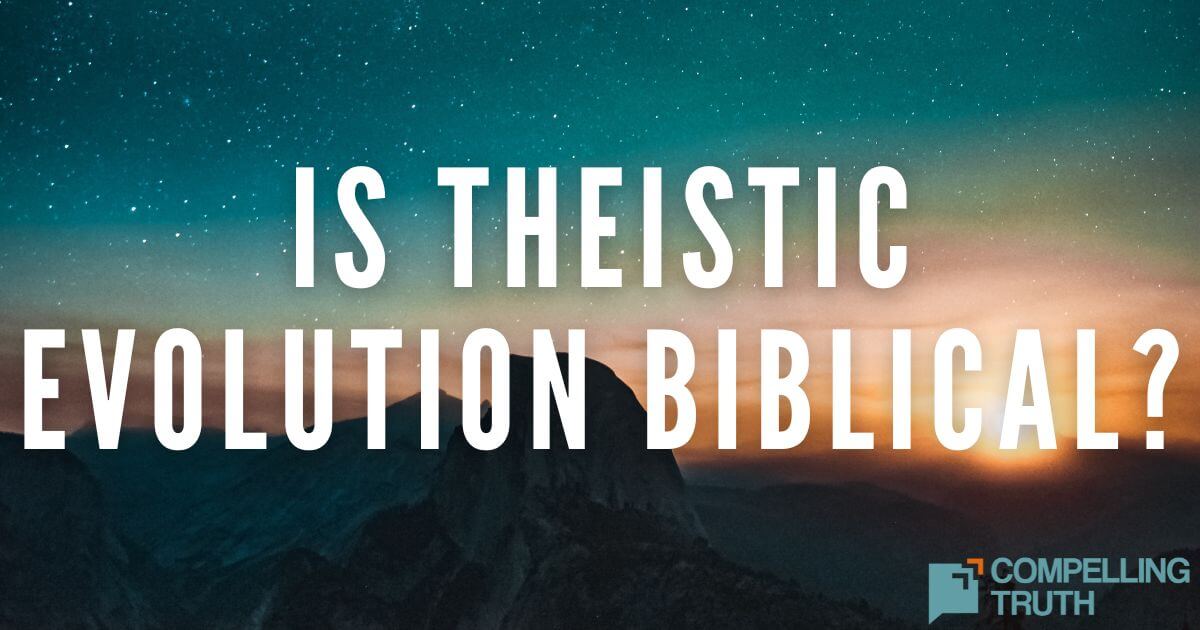what does the bible say?
Day-age theory is an old-Earth creationism view based on and supported by the Bible. The word for "day" (Hebrew yom) in Genesis 1 may be interpreted as an ordinary day, or as an extended period (e.g., Genesis 2:4). The day-age view understands the days of Genesis 1 to give chronological information, but not a depiction of literal 24-hour days. Day-age theory seeks to harmonize faithful interpretation of the Bible with a modern understanding of science.
The day-age theory (as considered here) agrees with observed geological and astronomical time scales. However, it does not admit Darwinian (unguided) evolution, instead believing the Genesis account of how God created life and especially humans (Genesis 2:7). Contrary to wide-spread public impression, (neo)-Darwinian evolution cannot account for the initial origin of life. According to Genesis, you do not get from inorganic matter to organic by unguided natural processes, but only by God's spoken word (e.g., Genesis 1:26).
Two concerns about the day-age view are addressed in the Scripture section below. First is the problem of the appearance of light on the fourth day. Second is the implication that disease and death must have existed before the Fall of man.




